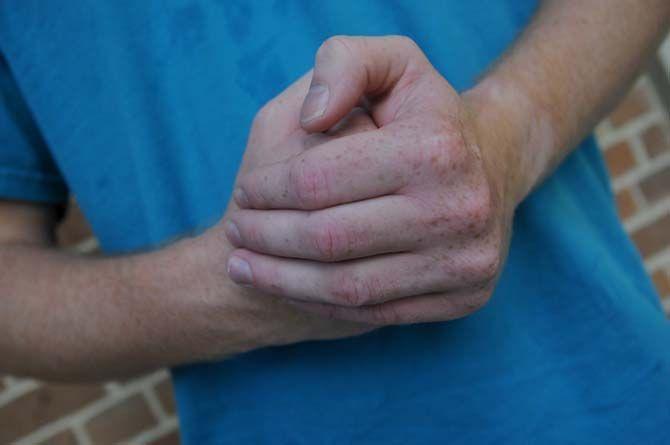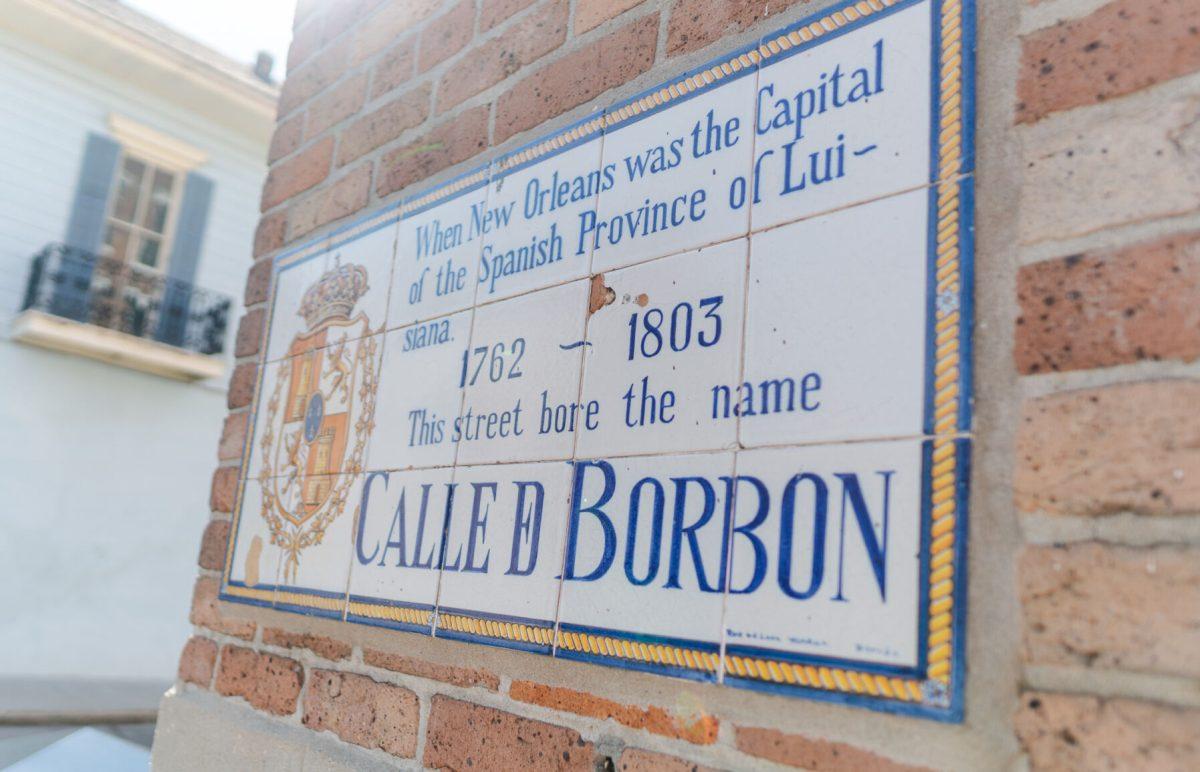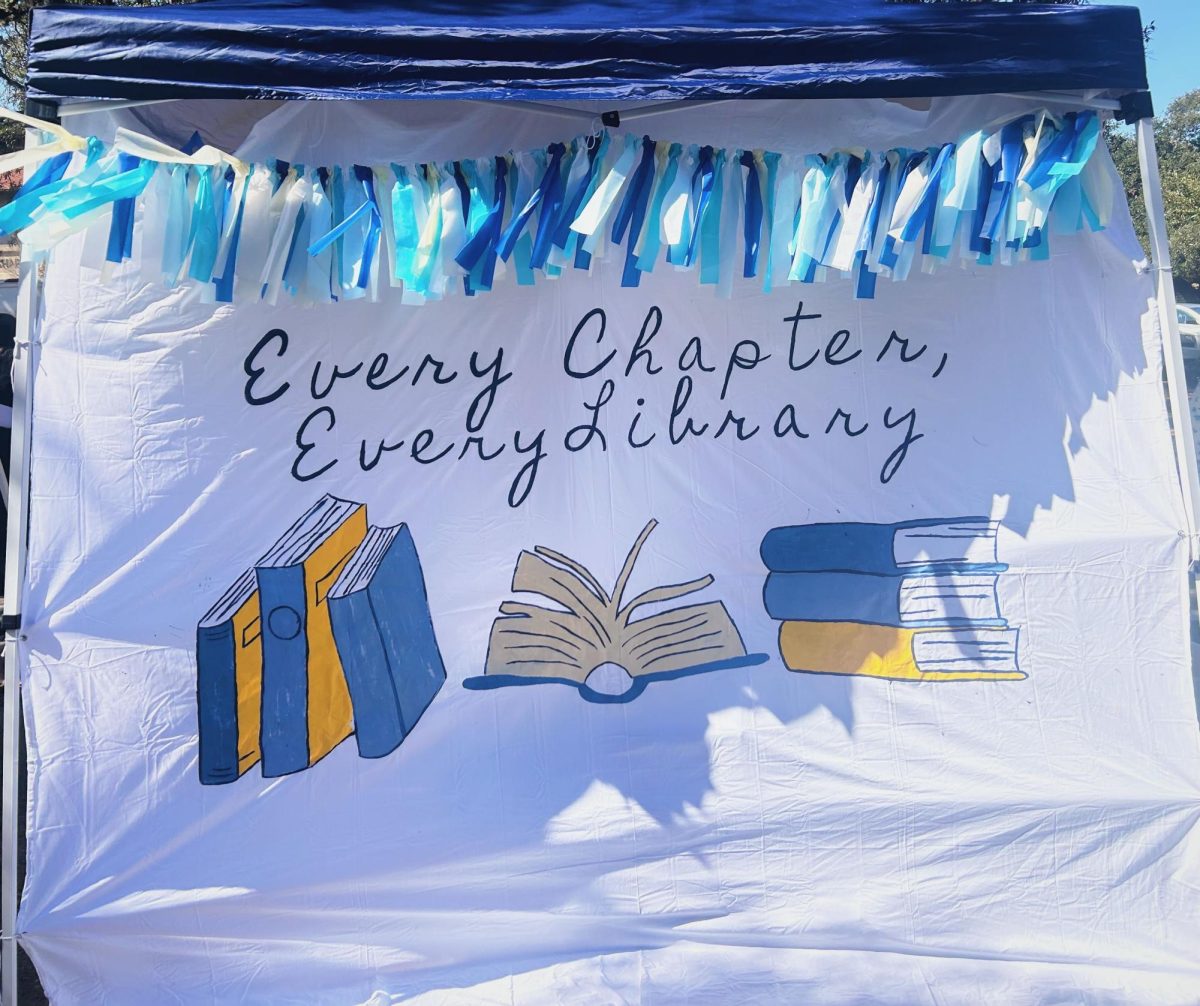Both domestic and gang violence in the city have been curbed thanks to the success of the Baton Rouge Area Violence Elimination initiative.
BRAVE, a program created in 2011 with the City of Baton Rouge, the District Attorney’s office, the Baton Rouge Police Department, and the East Baton Rouge Sheriff’s office to reduce Baton Rouge violence, is a replicate model of “Operation Ceasefire,” a longstanding program to reduce
violent crime nationwide. Lt. Herbert “Tweety” Anny serves as the program director.
BRAVE research coordinator and Office of Social Service Research and Development Director Cecile Guin said there was a community need for the program.
“Louisiana is the deadliest gun violence state in the nation,” Guin said. We are so far
above everyone else it’s embarrassing.”
Guin said she did not expect the program to be successful in the beginning. The first time she and Anny proposed the grant to the Office of Juvenile Justice and Delinquency Prevention, she said, it was shut down and not funded.
“We got good feedback, though, and decided to write the second grant in 2012,” Guin said. “Luckily, that one received funding.”
Since 2012, the initiative has been granted more than $4.5 million thanks to federal funding, OJJDP, the Community Violence Prevention Program and BRAVE winning the Byrne Criminal Justice Award in 2013.
“The support we’ve been given, especially from the University and its students, is overwhelming,” Guin said. “It’s crazy, in a wonderful way, how interested they all are in it.”
Guin said students are always volunteering to help out at BRAVE’s community clean-up days. Some even participate in researching crime statistics and mapping data, she said.
Mechanical engineering junior Cameron Fahrig said he hopes the University will stay as involved with the program as it is now to keep campus
a safe place for students and to continue affecting surrounding communities.
Guin said the impact the BRAVE and University coalition has formed is significant.
“We’ve already seen a decrease in violent crime by 25 percent since the first grant was awarded to us, the biggest of which was in aggravated
assault,” Guin said.
When she first headed BRAVE research at the University, Guin said she thought Baton Rouge violence would be heavily gang-related, but it was more domestic violence than homicide.
“It was interesting to watch that develop,” Guin said.
Within the coming year, Guin said she hopes BRAVE makes more progress in establishing better communal relationships between law enforcement and citizens.
“We still have a lot of work to do, especially since people don’t trust the ‘bureaucracy’,” she said. “But I think we’re all ‘brave’ enough to tackle what’s ahead of us.”
Fahrig said he is confident BRAVE will help civilians — especially those his own age — feel more protected and confident to call law enforcement officials to resolve issues.
“It’s going to give students and civilians even more reassurance to know steps are being taken to make campus and Baton Rouge a safer place,” Fahrig said. “And for this reason, I’m definitely willing to further support the program.”
BRAVE combats crime in Baton Rouge
September 3, 2014
BRAVE, Baton Rouge Violence Area Elimination has recently gained outstanding support and recognition from the Baton Rouge community.
More to Discover










